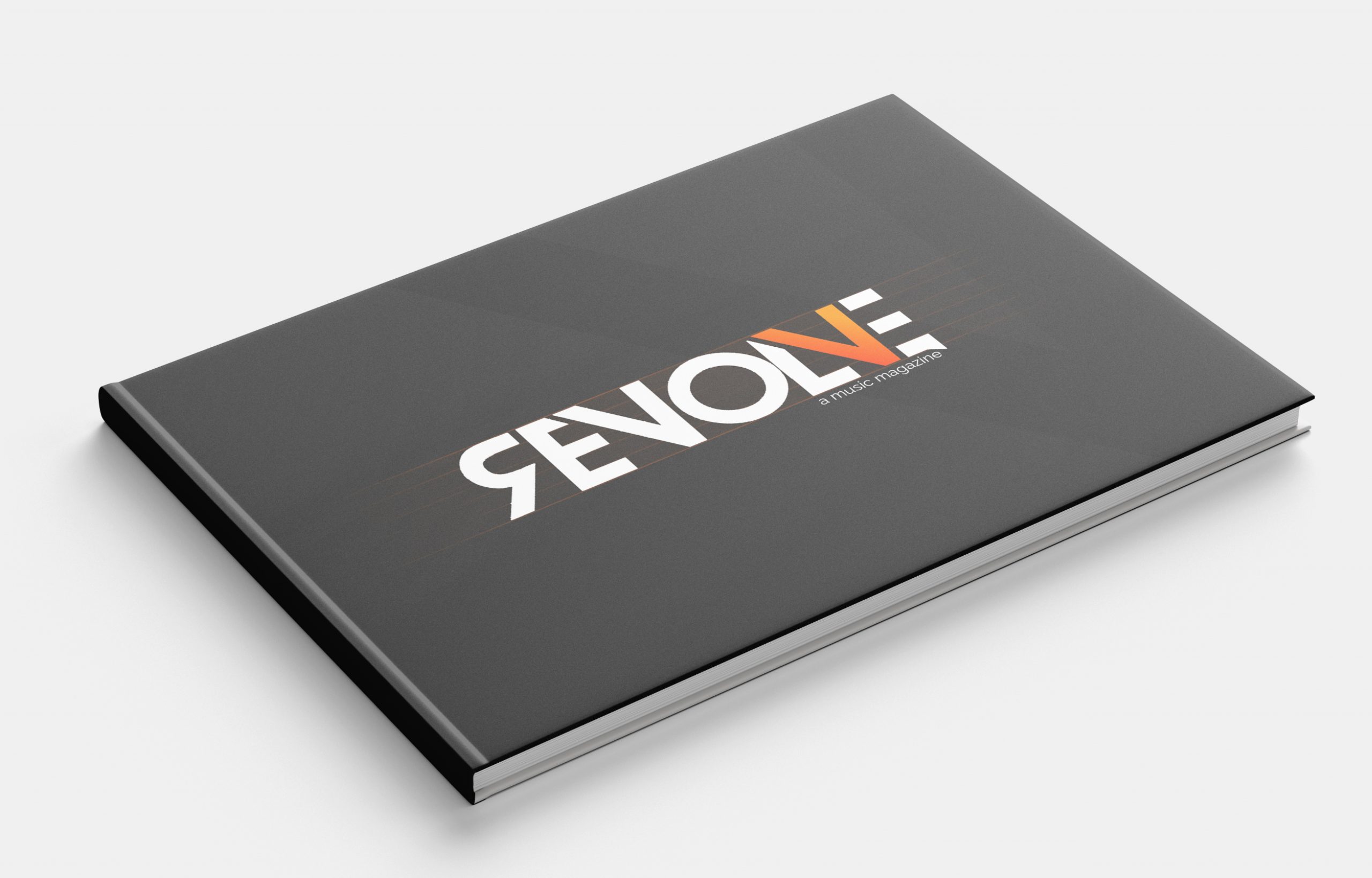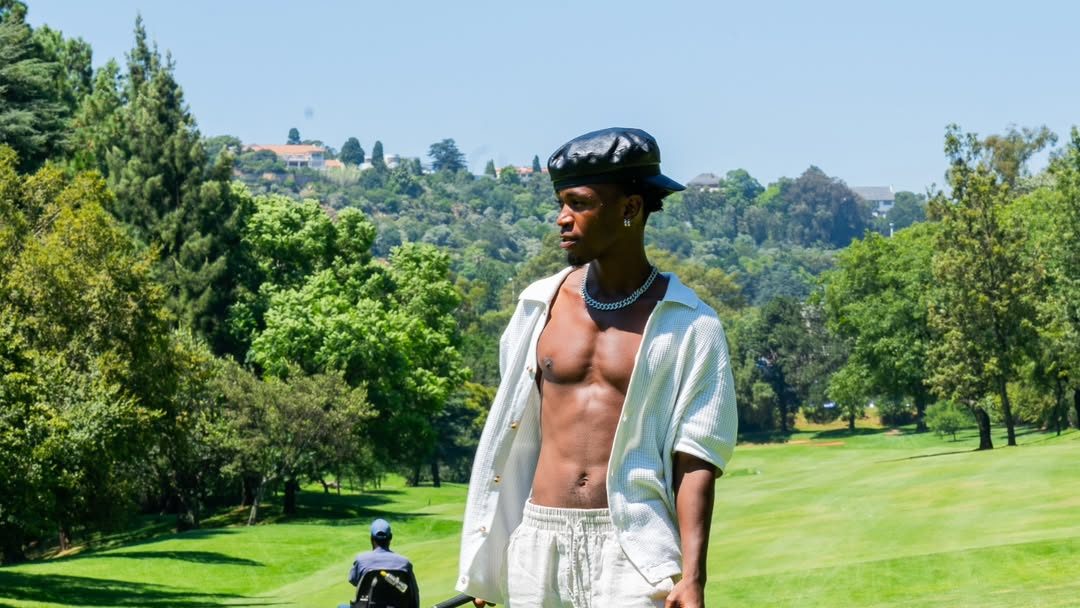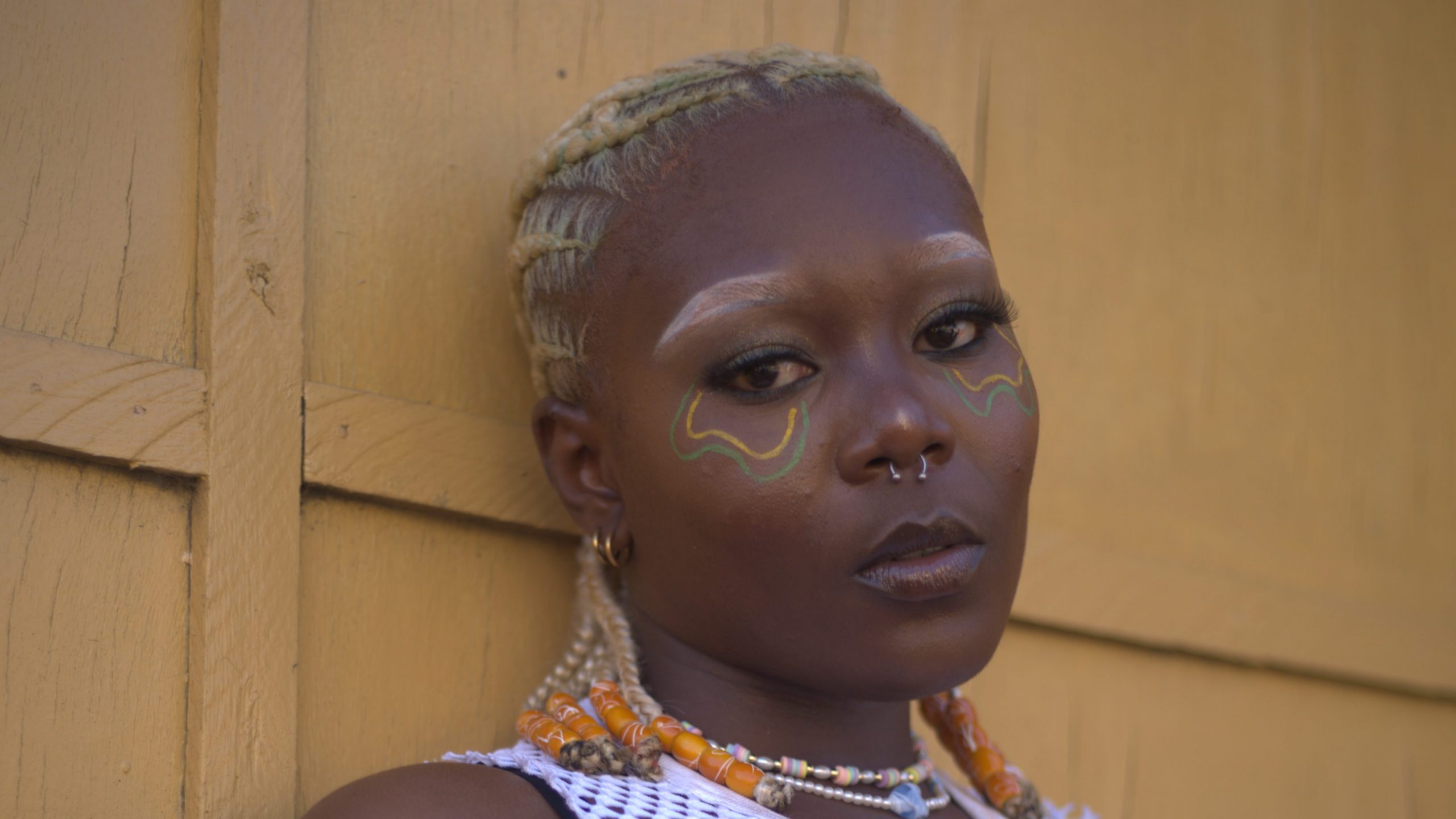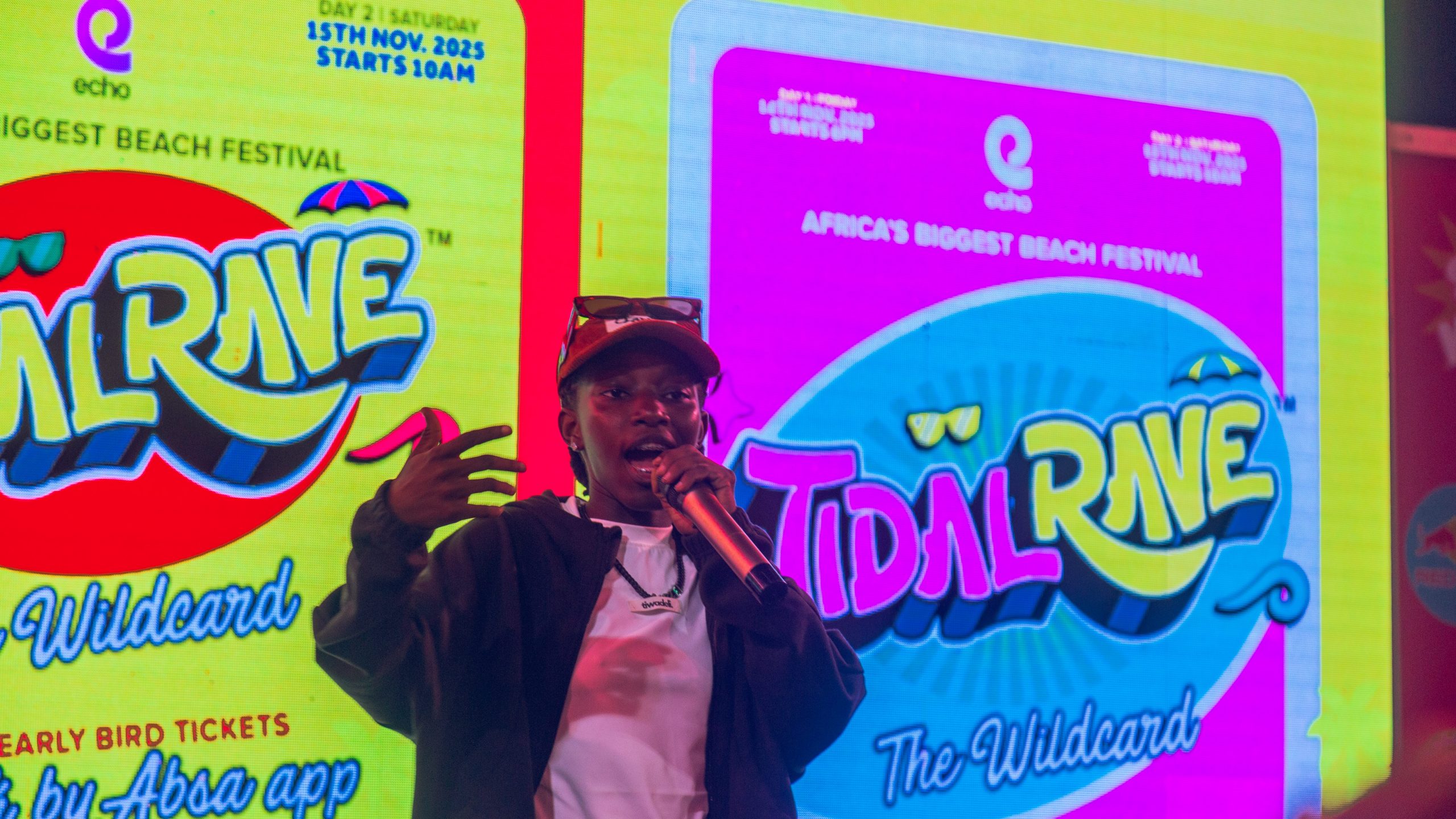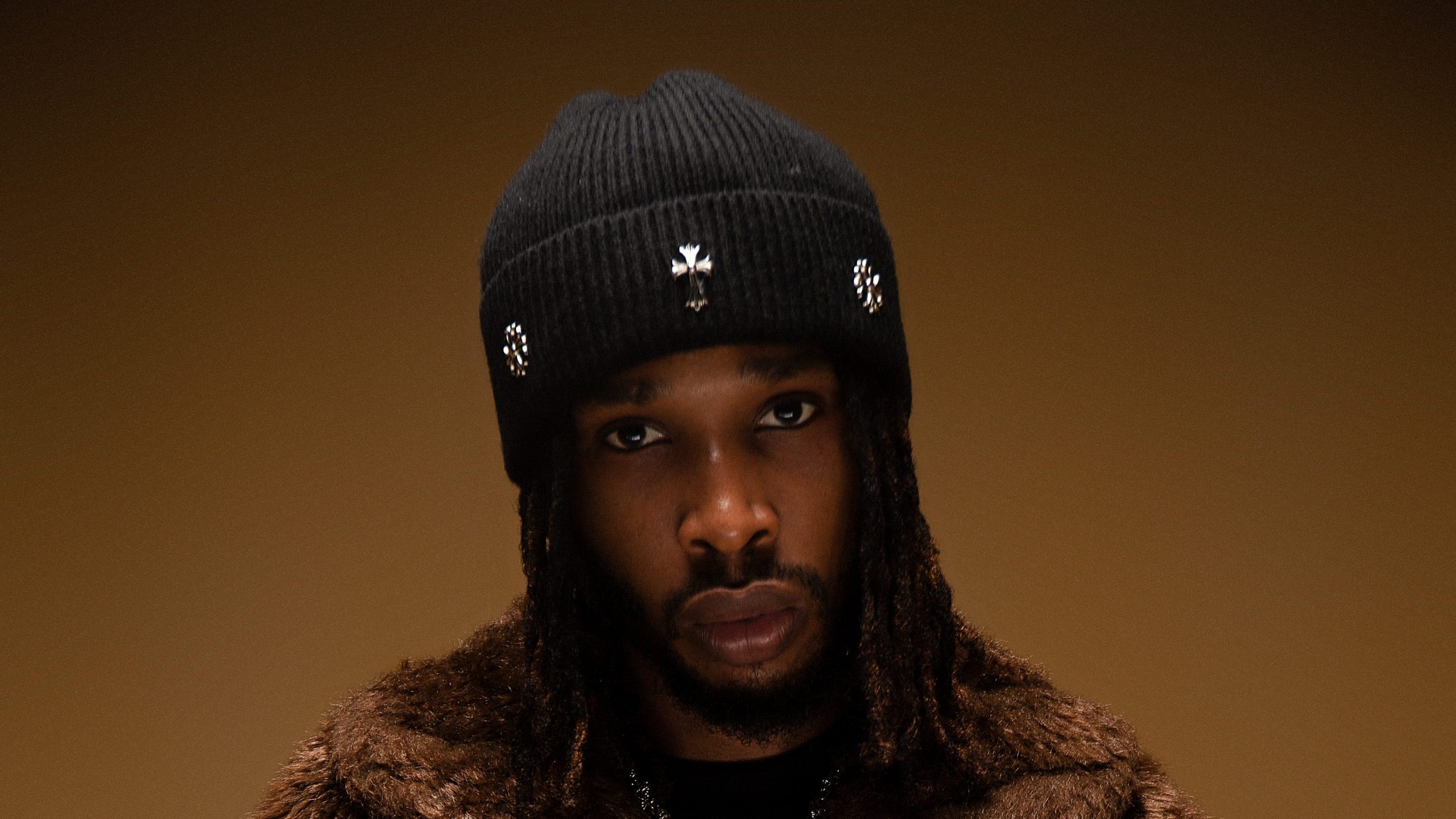During Portugal’s Afronation Festival, bongo Flava sensation Diamond Platnumz recently revealed the heartwarming backstory to his famous bongo flava song “Komasava”.
“Komasava” has garnered significant recognition on a global scale, captivating listeners with its lively vitality and rich cultural complexity.

According to Diamond, he created the song on the 27th day of Ramadan, which is a very significant spiritual day for Muslims. It was time for the Tahajjud prayer, and I was in the studio with my producer. It was a unique atmosphere, because in Islam, one’s prayers are answered by God. After saying a prayer, I went back to the studio to finish recording,” Diamond recalled.
When talking about the song’s writing, Diamond emphasized his belief in inclusivity and harmony. “The goal of the song was to bring people together.
“We aimed to create a song that could unite people, regardless of their background. That’s why we included different languages like French, Swahili, Latin, and Zulu. The challenge is about greeting someone,”
Diamond Platnumz
Diamond added that the dance challenge that goes along with it was created to promote happiness and friendships in the wake of the pandemic, signifying a return to celebration and community.
It took Diamond about twenty minutes to master his verses, even though the song is only four minutes and thirty-six seconds long. “Every word and rhythm had to fit perfectly,” he stated.
The title “Komasava” was specifically picked to appeal to the Francophone community and has a catchy beat. “I know the Francophone community adores me, and the rhyme works. I already know; they don’t need to tell me this,” he said.
Although Diamond is still learning French, he made a joke about being able to say hello and convey love in the language.
Since its debut on May 3, 2024, “Komasava” has accomplished a number of noteworthy firsts, including 3.1 million views on YouTube, 5.4 million streams on Boomplay, and 1.6 million on Spotify.
Diamond also noted that the accompanying dance challenge was designed to spread joy and foster friendships post-pandemic, symbolizing a return to community and celebration.
This global success suggests that “Komasava” could mark a significant milestone in the evolution of Bongo Flava music.


